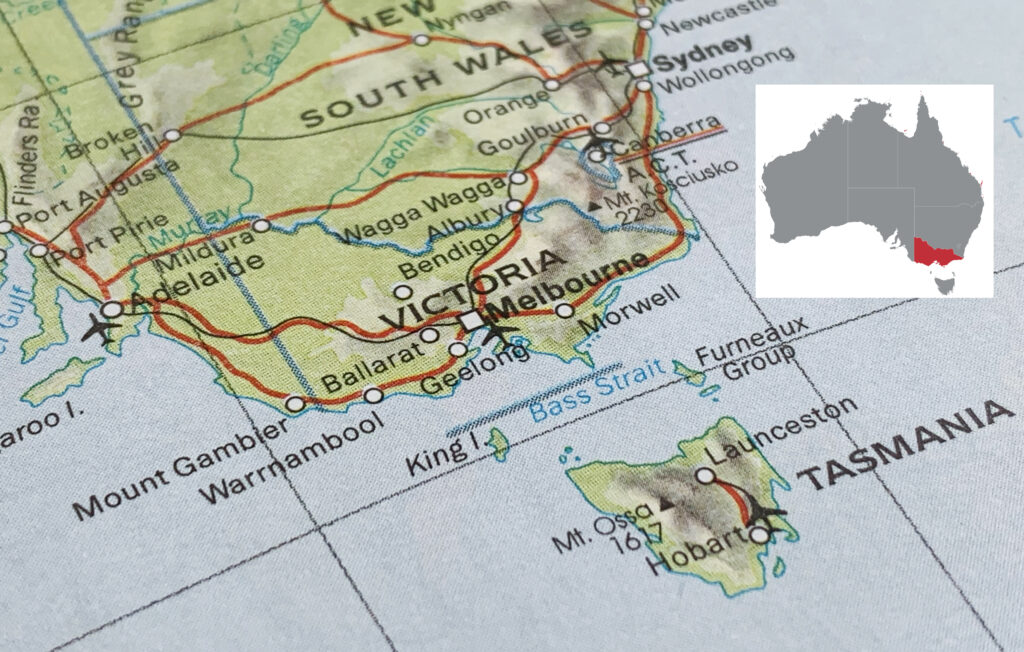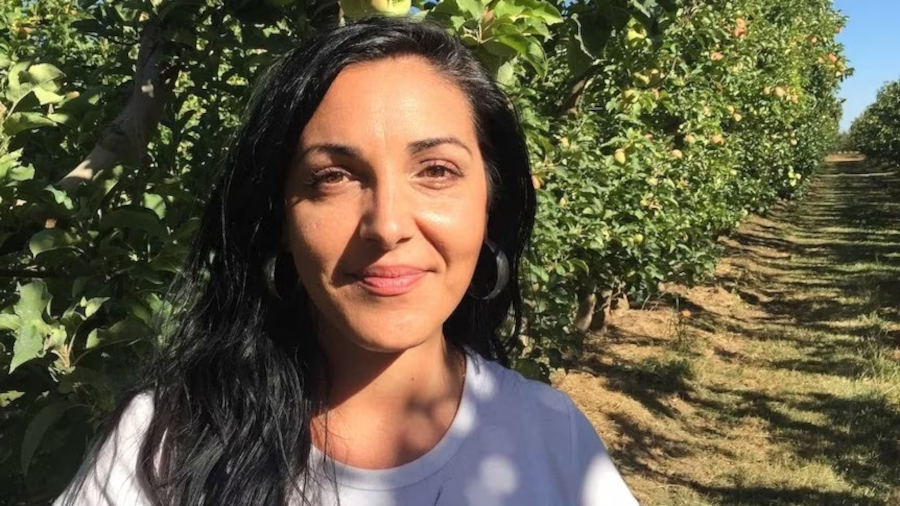A farming group in the Australian state of Victoria said it is backing proposed legislation that would loosen regulations for hemp growers and unlock the potential for production of sustainable building materials and other products.
The Victorian Farmers Federation (VFF) said passage of the measure could create new opportunities for the state’s regional communities. It addresses a number of issues facing the sector that were identified in a report by the state parliament’s Economy and Infrastructure Committee last year.
“We know hemp holds vast potential for various applications, including sustainable agriculture and construction materials,” said VFF President Emma Germano. “Removing government barriers, particularly those that are onerous or confusing, will unlock hemp’s full benefits, including the potential for secondary processing and manufacturing.”
Loosening up
The Hemp Industry Bill 2024, introduced into the Victorian Parliament by the Legalise Cannabis Party, increases the maximum hemp license term from 3 to 5 years, clarifies requirements for individual growers, removes inspection and licensing fees, and sets up special licenses for hemp research. The measure also addresses such matters as criminal and police checks, and “ensures inspectors prioritize harvest over destruction,” according to a summary of the key provisions.
“The laws regarding industrial hemp are not fit for purpose and create an ongoing stigma that links the crop with illicit drugs,” Germano said. Hemp has been legal to grow in Victoria since 1998, but current regulations and expensive testing have held back farmers and investors, according to Germano.
The proposed bill largely retains existing provisions dealing with applications, licensing, inspection and enforcement, but puts those matters under a standalone hemp law, removing them from the state’s Drugs, Poisons and Controlled Substances Act 1981.
No cannabinoids
Licenses may be obtained for hemp farming, processing, and supplying of seeds for fiber and grain production from Agriculture Victoria, the state’s farming agency. Victoria observes the nationally-allowed THC limit for hemp crops of 1.0%, but the state does not allow the processing of leaves and flowers for CBD and other cannabinoids.
The law would also establish a special license that authorizes possession, cultivation and processing of cannabis plants that exceed the THC limit for industrial hemp “for the purpose of scientific research, instruction, analysis, or study.” That provision is designed to allow research into hemp varieties that may exceed the THC limit to eventually develop cultivars that meet that limit.
Last year’s report by the government acknowledged the significant economic potential of the hemp industry, including job creation, export opportunities, and regional development, and stakeholders say a robust hemp sector could supplant jobs and revenues lost to the timber industry in the state after the government shut down native logging last year.
Regional hubs urged

While the state’s hemp industry is minuscule now – fewer than 500 hectares of hemp are estimated to be harvested in Victoria for the 2023-24 growing year – proponents say planting 5,000 hectares of industrial hemp per year could result in the production of 50,000 tons of hemp hurd and fiber for natural building materials as conventional construction materials have been in short supply, driving up prices.
Regional production hubs are needed to reduce transportation costs and emissions and advance local economic development, according to a 2022 study by a team of researchers from Canada’s University of Guelph.

